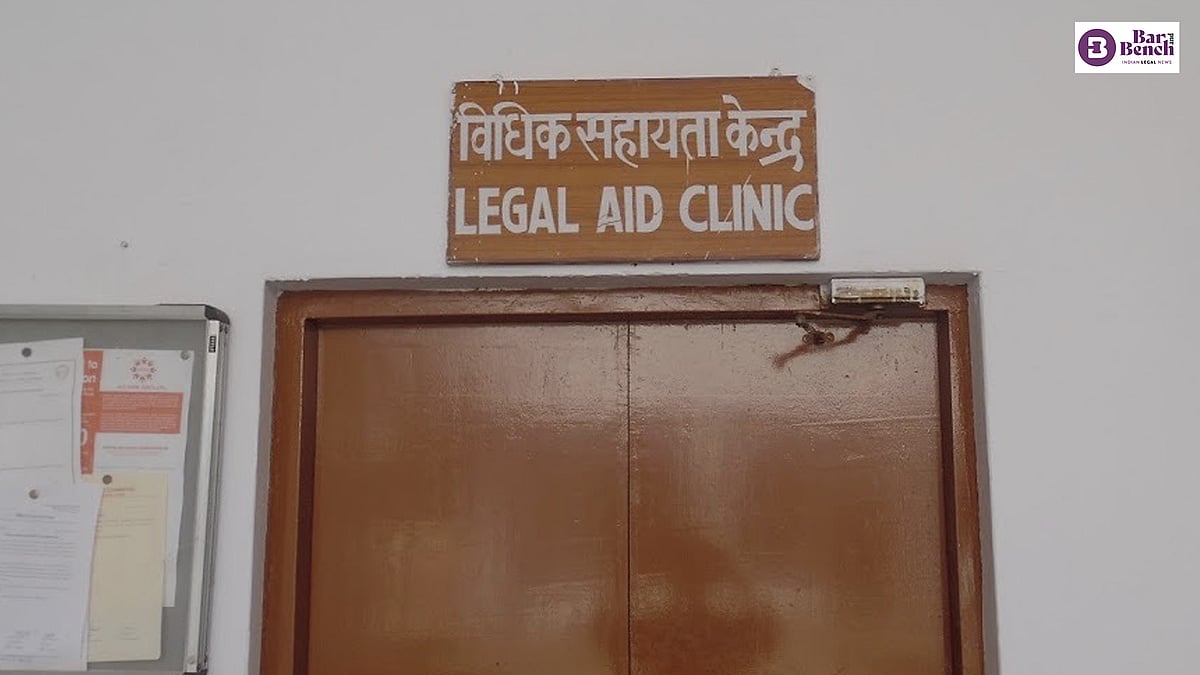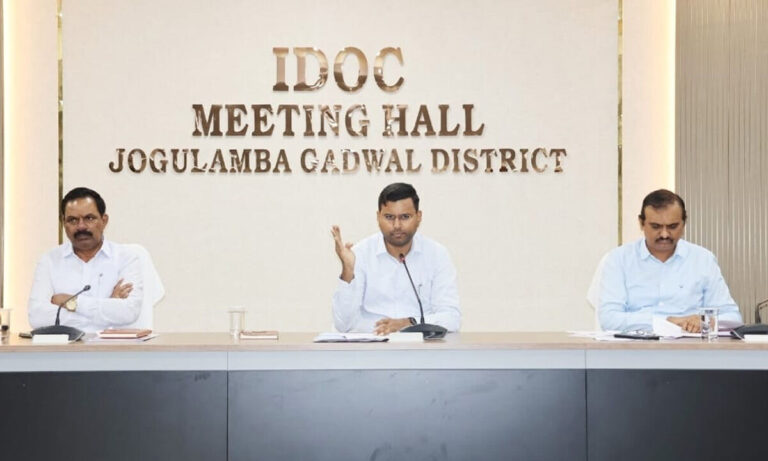Court Orders Action Against Judges for Denying Legal Aid in Bail Case: Shocking Revelations!
Justice Krishna Rao’s Landmark Ruling Highlights Flaws in Legal Aid System
In a significant ruling, Justice Krishna Rao of the Calcutta High Court granted bail to Sudhar Mangar, an accused in a narcotics case, revealing alarming deficiencies in the legal aid system. The decision, which underscores the fundamental right to legal representation, has raised critical questions about the responsibilities of judicial officers in ensuring defendants receive adequate legal support.
The Case Background
Sudhar Mangar was arrested under the Narcotic Drugs and Psychotropic Substances (NDPS) Act and subsequently produced before both the Chief Judicial Magistrate and the District & Sessions Judge (NDPS) court. However, in a surprising oversight, neither of the presiding judges offered Mangar legal aid during his appearances. According to Justice Rao, this omission not only breached Mangar’s rights but also shed light on systemic failings within the judicial system.
The Court’s Findings
In his ruling, Justice Rao noted:
"This order be forwarded to the Registrar General of the High Court for the information of the Hon’ble the Chief Justice and necessary action against the Chief Judicial Magistrate and District and Sessions Judge (NDPS), Alipurduar for not offering an Advocate from Legal Aid to the petitioner as at the time of production, the petitioner was undefended."
This strong language is indicative of the judiciary’s urgent need to address lapses that can significantly affect the outcomes of cases. Legal aid is a crucial component of fair trial rights, ensuring that even the most vulnerable individuals are protected by the law.
Understanding Legal Aid in India
Legal aid is not merely a formality; it is a constitutional right guaranteed under Article 39A of the Indian Constitution, stating that the State must provide free legal assistance to ensure justice is accessible to all. Despite this, the practical implementation of legal aid often falls short:
- Awareness: Many individuals, especially in rural regions, remain unaware of their right to legal aid.
- Accessibility: Legal aid services are frequently hindered by bureaucratic inefficiencies and inadequacies.
- Quality of Representation: Concerns about the quality of legal representation provided under the legal aid scheme have also been raised, with many advocates citing insufficient resources and time allocated to each case.
Implications of the Ruling
Justice Rao’s order could lead to a larger discussion about the rights of accused individuals and the necessity for systematic reforms within the judiciary. Specific implications of this ruling include:
- Increased Accountability: The ruling could serve as a precedent for holding judicial officers responsible for ensuring defendants have access to legal aid.
- Awareness Campaigns: The judicial system might be prompted to undertake initiatives to raise awareness regarding legal rights among citizens and improve outreach.
- Reforms in Legal Aid System: Stakeholders may be encouraged to revisit and strengthen the existing legal aid framework, ensuring robust and effective representation for the underprivileged.
Conclusion
The recent ruling by Justice Krishna Rao sheds light on the urgent need for reform within India’s legal framework. The failure to provide legal aid to Sudhar Mangar raises troubling questions about the system’s commitment to justice and fairness. As this case unfolds, it may very well catalyze the necessary changes that will ensure future defendants are not left to navigate the complexities of the legal system without the fundamental support they are entitled to.
Advocates, policymakers, and citizens alike will be watching closely to see how judicial authorities respond to this revelation and what further actions may be prompted in pursuit of justice and accountability.






